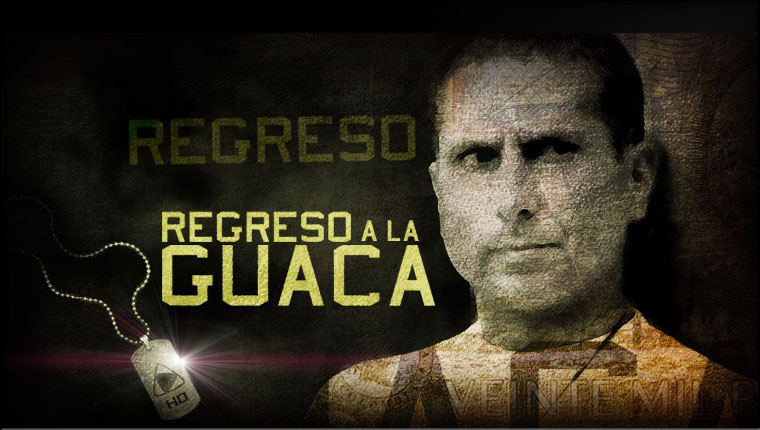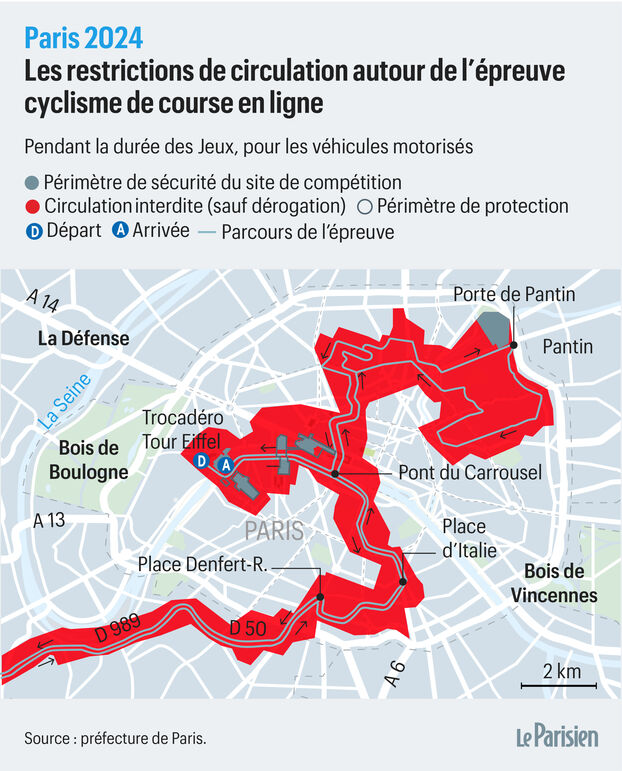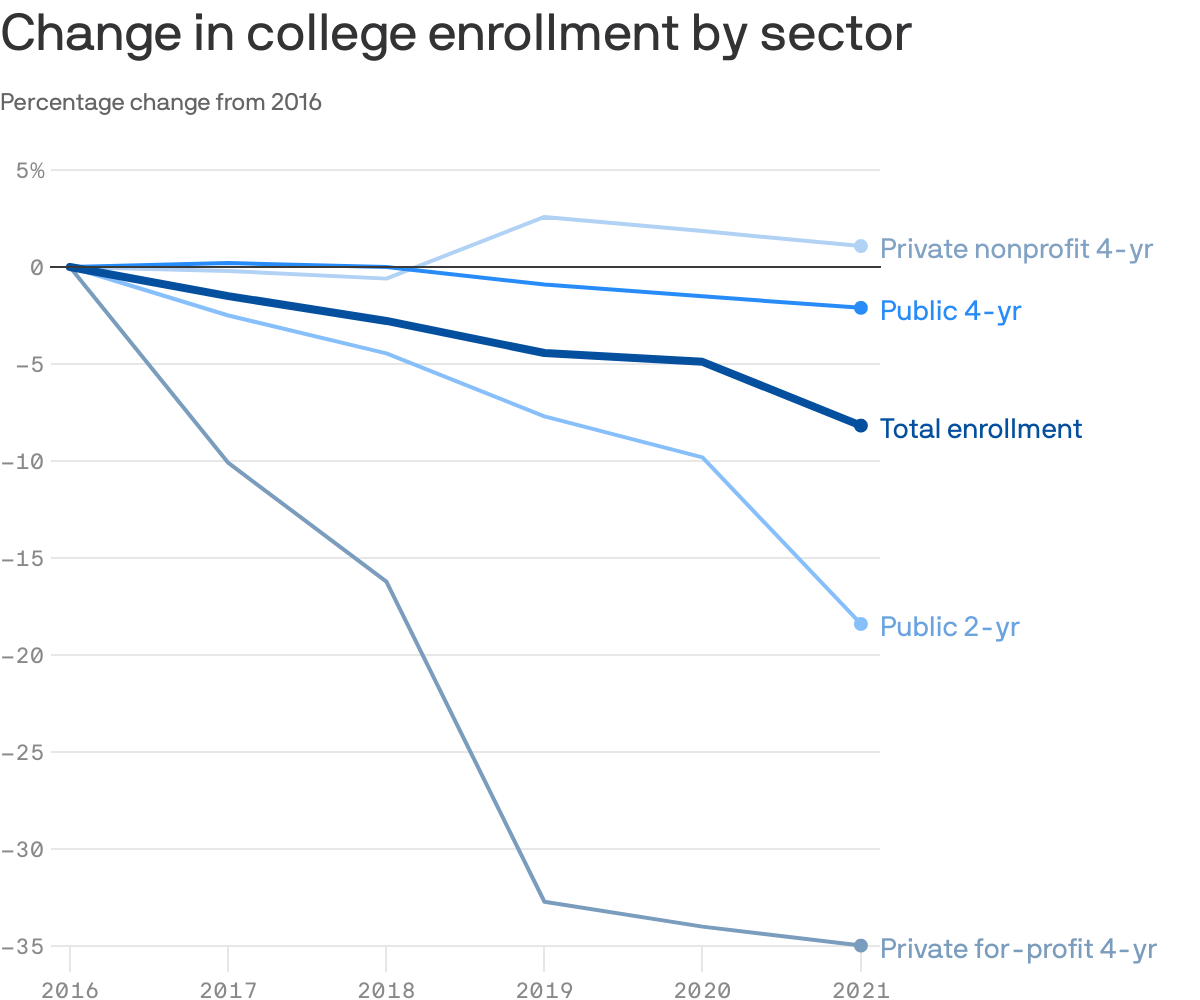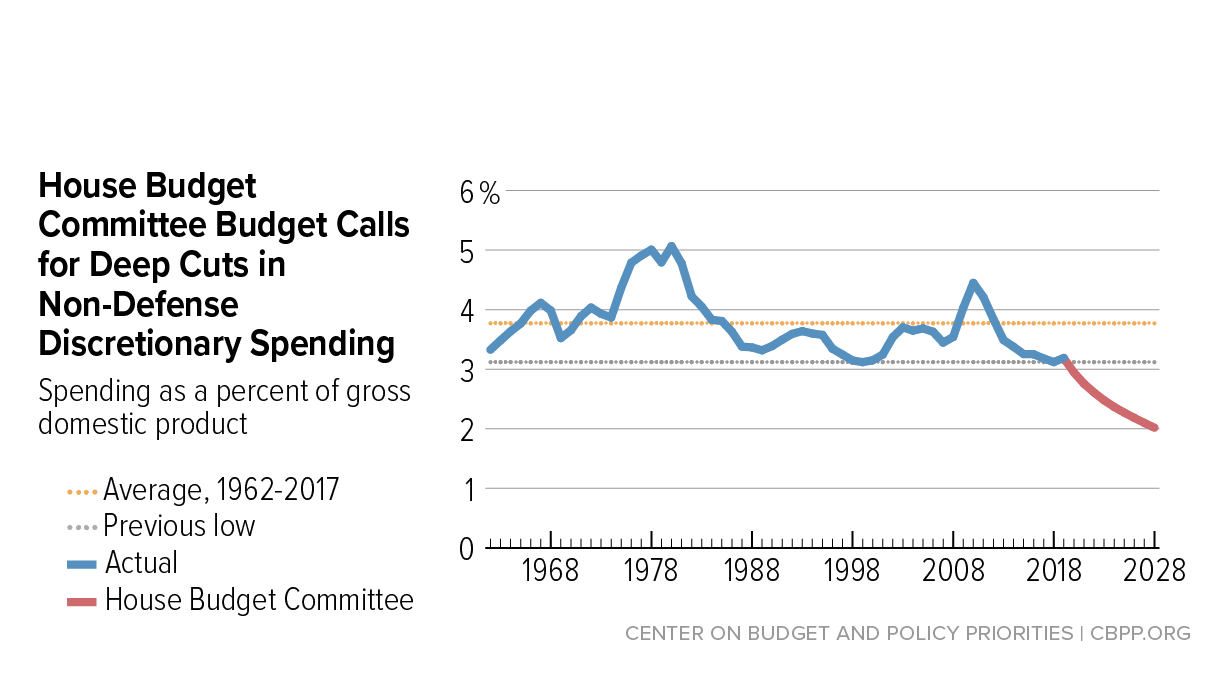"The Kite Runner" And Nigeria: A Study In Pragmatic Decision-Making

Table of Contents
Parallels between Afghanistan and Nigeria: Shared Experiences of Conflict and Societal Upheaval
The seemingly disparate worlds of Afghanistan and Nigeria share striking similarities when examined through the lens of conflict and societal upheaval. Both nations have endured periods of intense political instability and violence, forcing individuals to make difficult, often agonizing choices in the pursuit of survival.
The Impact of War and Political Instability:
- The Soviet-Afghan War and its aftermath left Afghanistan scarred, mirroring the devastation wrought by the Nigerian Civil War and the ongoing Boko Haram insurgency.
- Both conflicts resulted in widespread displacement, the loss of innocent lives, and a profound erosion of trust within communities.
- The consequences of these conflicts extend far beyond immediate casualties, impacting social structures, economic stability, and the very fabric of society.
The enduring effects of war are clearly visible in the choices characters in The Kite Runner make, reflecting the pragmatic decisions Nigerians have also been forced to make. For instance, the constant threat of violence necessitates prioritizing survival above all else, often leading to difficult moral compromises. This pragmatic approach to decision-making, born from necessity, shapes lives and communities in profoundly similar ways across these geographically distant nations.
Exploring Themes of Betrayal and Redemption in a Nigerian Context
The Kite Runner powerfully portrays the devastating impact of betrayal, both on an individual and societal level. This theme resonates deeply within the Nigerian context, where similar instances of broken trust are commonplace.
Betrayal within Family and Community:
- In both The Kite Runner and Nigeria, familial and communal bonds are frequently tested. Betrayal can stem from class divisions, ethnic tensions, and political affiliations, leading to fractured relationships and deep-seated resentment.
- Nigerian history is replete with examples of betrayal – from political machinations to instances of violence fueled by ethnic or religious differences. These betrayals mirror the complexities depicted in Hosseini's novel.
The corrupting influence of power and the struggle for survival often drive individuals to betray those closest to them, underscoring the pragmatic, often morally ambiguous, choices individuals make under duress.
The Pursuit of Redemption: Finding Pathways to Forgiveness and Reconciliation:
- The possibility of redemption, though challenging, remains a central theme in The Kite Runner. This resonates with the Nigerian experience, where individuals and communities grapple with the aftermath of violence and betrayal.
- Traditional methods of conflict resolution, often rooted in cultural norms and traditions, play a significant role in fostering forgiveness and reconciliation. Yet, the path to healing is often long and arduous.
Examples of individuals and communities actively seeking reconciliation in Nigeria, despite the immense challenges, highlight the enduring human desire for forgiveness and a return to peace.
Pragmatic Decision-Making in the Face of Systemic Challenges
Navigating the realities of systemic challenges, like corruption and inequality, necessitates a form of pragmatic decision-making, a constant weighing of risks and rewards under often unfavorable conditions.
Navigating Corruption and Inequality:
- Both Afghanistan and Nigeria grapple with pervasive corruption and inequality, forcing individuals to adopt survival strategies that may challenge conventional moral codes.
- The characters in The Kite Runner frequently encounter a corrupt system, mirroring the experiences of many Nigerians who are forced to make difficult choices due to systemic issues beyond their control. This often involves navigating bureaucratic hurdles, engaging in political maneuvering, or resorting to informal channels to achieve their goals.
This pragmatic approach, while sometimes morally complex, ensures survival and, in some instances, limited advancement within a system rigged against them.
The Role of Cultural Norms and Traditions:
- Cultural norms and traditions profoundly influence decision-making in both Afghanistan and Nigeria. Social expectations and cultural pressures often dictate the choices individuals make, even when those choices are in conflict with their personal values.
- Understanding the cultural contexts of both settings is crucial in analyzing the characters' actions and motivations within The Kite Runner, and interpreting similar choices made by Nigerians in comparable situations.
These cultural influences, deeply ingrained within societal structures, significantly shape the pragmatic decision-making process.
Conclusion: Understanding Pragmatic Decision-Making through "The Kite Runner" and the Nigerian Experience
This comparative analysis reveals striking parallels between the pragmatic decision-making depicted in The Kite Runner and the experiences of individuals within the Nigerian context. The shared challenges of conflict, betrayal, systemic corruption, and deeply ingrained cultural influences highlight the universal nature of the struggles portrayed in Hosseini's novel. The choices made by characters in The Kite Runner, born from necessity and the pressures of their circumstances, resonate deeply with the pragmatic decisions Nigerians have made and continue to make in navigating their complex realities. Further research into the pragmatic decision-making processes highlighted in The Kite Runner and their reflection in the Nigerian experience can provide valuable insights into overcoming adversity and fostering a more just and equitable society. Continue the discussion on how understanding The Kite Runner's themes can illuminate the complexities of pragmatic decision-making in Nigeria and beyond.

Featured Posts
-
 Todays Nyt Mini Crossword April 2nd Answers
May 20, 2025
Todays Nyt Mini Crossword April 2nd Answers
May 20, 2025 -
 Towards Zero Episode 1 Examining The Absence Of Murder
May 20, 2025
Towards Zero Episode 1 Examining The Absence Of Murder
May 20, 2025 -
 Schumachers 2010 Regreso Un Amigo Revela Conversacion Crucial
May 20, 2025
Schumachers 2010 Regreso Un Amigo Revela Conversacion Crucial
May 20, 2025 -
 Boulevard Fhb Ex Vge Restrictions De Circulation Pour Les Deux Roues Et Trois Roues A Partir Du 15 Avril
May 20, 2025
Boulevard Fhb Ex Vge Restrictions De Circulation Pour Les Deux Roues Et Trois Roues A Partir Du 15 Avril
May 20, 2025 -
 Tadic In Fenerbahce Den Ayriligi Resmen Onaylandi
May 20, 2025
Tadic In Fenerbahce Den Ayriligi Resmen Onaylandi
May 20, 2025
Latest Posts
-
 Lufthansa Co Pilot Fainting Incident Flight Flies Pilotless For 10 Minutes
May 20, 2025
Lufthansa Co Pilot Fainting Incident Flight Flies Pilotless For 10 Minutes
May 20, 2025 -
 Japanese Manga Sparks Travel Fears Disaster Prediction Impact
May 20, 2025
Japanese Manga Sparks Travel Fears Disaster Prediction Impact
May 20, 2025 -
 The Hunter Biden Tapes A Look At President Bidens Cognitive State
May 20, 2025
The Hunter Biden Tapes A Look At President Bidens Cognitive State
May 20, 2025 -
 The Impact Of Declining Enrollment On College Town Economies
May 20, 2025
The Impact Of Declining Enrollment On College Town Economies
May 20, 2025 -
 Debunking The Gop Tax Plan A Deep Dive Into Its Deficit Implications
May 20, 2025
Debunking The Gop Tax Plan A Deep Dive Into Its Deficit Implications
May 20, 2025
